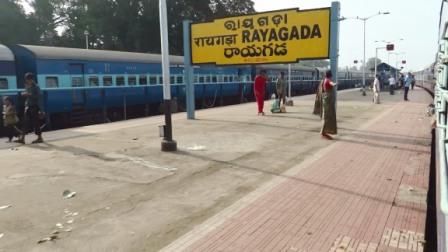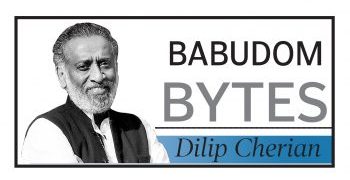Charudutta Panigrahi
Rayagada district has the highest primary school dropout rate — of 11.67 per cent — in Odisha. Every member of the civil society, including myself, is responsible for this reprehensible outcome. Rayagada is a tribal district, and its population is composed largely of Kondhs and Sauras. These tribes speak Odia, Kui and Saura.
The district has 1,536 primary schools. The education department brought these schools under 11 Block Education Officers (BEOs) to provide closer supervision of these smaller and more manageable units. Each BEO in the district has about 25 people working in various capacities under them. These include 17 Cluster Resource Coordinators and more than 10 supporting staff. Although the aim of these changes in official machinery was aimed at improving the quality of primary education imparted through these schools, its realisation depends, greatly, on the involvement of people.
The plight of the schools in the district must be seen to be believed. Although they have infrastructure such as buildings, access to these institutions is poor. Although enrolment in primary schools has improved, largely owing to Sarva Shiksha Abhiyan, such schools are still not available to children within walking distance of 1km. Teachers need regular refresher courses. Fewer than 700 teachers have been trained in the last couple of years with advanced content and methodology. And all of them were teaching above primary level.
Rayagada is the mineral capital of Odisha and is still an aspirational district according to Niti Aayog. CSR programmes and global investments in the district have remained on paper. Civil society organisations in the district are happy with projects they get from the metal and mineral companies and are far removed from the communities they are required to serve. The local leadership is more interested in doing ancillary businesses with industries rather than working for the welfare of tribals. Everything happens in the name of tribals; but these people get nothing.
There is acute shortage of teachers in more than 400 primary schools and only about 60 per cent of schools have functional toilets for girls. Only 70 per cent have access to drinking water. Quality of learning is a major issue as children are not achieving class-appropriate learning levels.
Improving learning outcomes will take attention to details, such as increasing teacher accountability. Teachers should not be utilised for other works, which includes file work, assisting higher officials during visits and mobilising villagers for public programmes and schemes. The DEO must assess each grade and monitor support systems more efficiently. The district collector must evaluate this assessment regularly.
Overall, the public primary school system in Rayagada needs better general management under active leadership of the collector. The industry and the civil society can help the collector and the DEO in several ways. They can build capacity and upgrade teacher education in terms of curriculum and pedagogy through local teacher education institutions. They can initiate collaborations to facilitate collaborative research projects, teacher exchanges, and subsidised online courses for teachers, among other things.
They can make schools better and interesting places for children to go, instead of renovating anganwadi centres and other structures to make them look swanky.
They can help use smart technology to provide high-quality, smart learning opportunities to marginalised students. Technology has great potential to improve education but how it can be implemented most effectively and most cost-effectively, remains a question.
With the help of Mo School programme alumni, philanthropists and incubators can be roped in to help identify and scale best practices. A more officially driven effort is required to evaluate digital content and, even more importantly, to develop cost-effective methods of making these available to teachers and students in Rayagada.
The industry and civil society must also help with involving communities through house-to-house mobilisation to reduce drop-out rates. Parents need to be sensitised. Economies that are trillions of dollars big can be realised only when skilling happens at the most basic level. Robust primary education is the foundation on which Rayagada district can be built.
The writer is an economist and public policy expert. He is based in Delhi and can be contacted at [email protected].







































